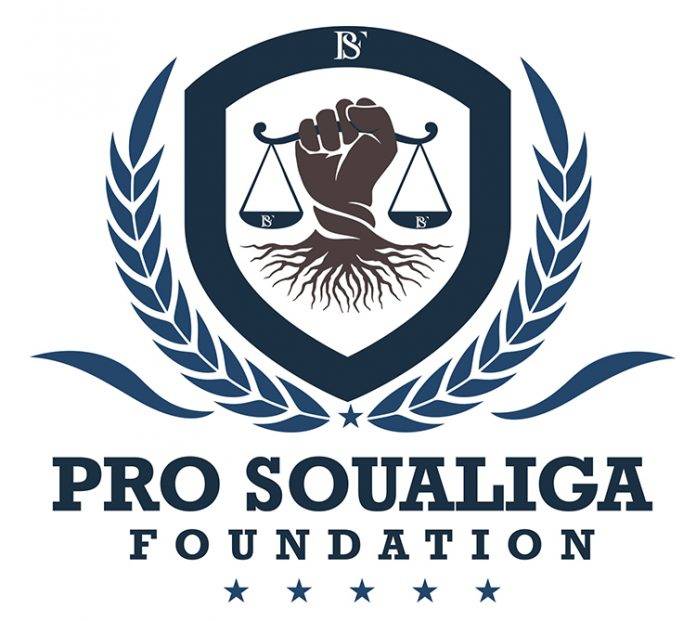Can a foundation represent the people of St. Maarten in Court to obtain their decolonization?
Is it possible for a foundation to represent the people of St. Maarten in court to obtain their decolonization? A good way of answering this question is by looking at the activities of the Dutch Foundation Urgenda. On December 12, 2019, the Dutch Supreme Court (Hoge Raad) handed down a landmark sentence that drew international attention. In that verdict, the Dutch Supreme Court sided with Urgenda Foundation and ordered the Dutch State to take action to reduce greenhouse gas emissions in the Netherlands.
This verdict inspired activists from around the world to take legal action to force governments to reduce harmful greenhouse gas emissions. (It is worth bearing in mind that The Dutch Supreme Court’s verdict regarding Urgenda Foundation’s legal action was subsequently published in the Harvard Law Review.)
The Dutch State had argued that Urgenda be declared inadmissible (niet ontvankelijk) which is a standard defense deployed by lawyers around the world. (US President Trump has repeatedly run into this legal roadblock in his attempts to have the courts reverse the results of the 2020 elections).
However, the Dutch Supreme Court ruled that the Urgenda Foundation was admissible and does represent the interests of the inhabitants of the Netherlands who are being threatened by climate change. A lower court had earlier ruled that even if certain groups were against the position of Urgenda Foundation that could not prevent the foundation from filing a collective action.
It would appear therefore that a foundation can indeed, even in the face of opposition from certain elements, file legal action to obtain the decolonization of the people of St. Maarten.
Pro Soualiga Foundation





























